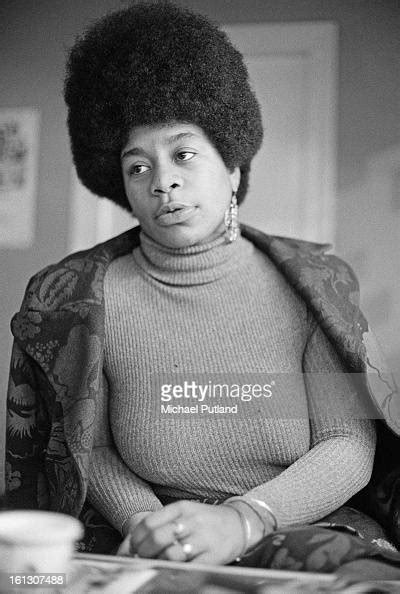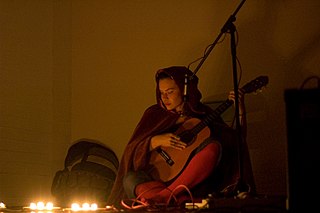A Quote by Robert Smith
Like I can't cry for myself so I will let this song take all of the things inside I can't let anyone else see and offer it up, as if the sound were some kind of god, and my pain is some kind of sacrifice.
Related Quotes
I have a notebook that I take with me everywhere. I free-write in it when there are situations that I know I can write a song about. I will just start writing everything that I can think of while trying to write some things that are kind of poetic or sound like they could be in a song. Then, after the music is written, I go back and look at my subjects to see which one I think woud go with what music. Then, I formulate it into a melody and get the song.
When I went travelling around Europe there was the Eurovision song contest on, and I got a bit dunk and we missed our train to Budapest the next day. Anyway, when I got back I kind of realised how many songs there were about people giving up things for somebody, so I thought I'd make a song about giving up things I don't have. These elaborate things that I don't have that I could give up to somebody, and I kind of thought there was kind of some sweet sentiment in that.
I started with the chorus of that song, kind of like a fun bouncy thing to play, and then one of the lines popped up: 'I got things to do today, people to see, things to say.' I wrote about a dozen verses for it, but no song needs to be that long unless you're Bob Dylan. So when we recorded it I started to tear it down to some of the lines I thought were the funniest.
I don't think anyone aims to be typical, really. Most people even vow to themselves some time in high school or college not to be typical. But still, they just kind of loop back to it somehow. Like the circular rails of a train at an amusement park, the scripts we know offer a brand of security, of predictability, of safety for us. But the problem is, they only take us where we've already been. They loop us back to places where everyone can easily go, not necessarily where we were made to go. Living a different kind of life takes some guts and grit and a new way of seeing things.
Frequently, I go straight into the studio and see what's around. I might hire a couple of instruments that I've never used - maybe a particular type of electronic organ or an echo unit. Then I just dabble with sounds until something starts to happen that suggests a texture. The texture suggests some kind of mood, and the mood suggests some kind of lyric. That's like working in reverse, often quite the other way around, from sound to song. Although often they stop before they get to the song stage.
I understood more what Nancy Reagan and Ronald Reagan, what they were coming from. Kind of the horrors of their childhoods that they were coming from. When you experience such pain early on, some people really interface with that pain and try and unpack it, and some people just take it and squelch it down and try and be as successful as they can. And, you know, encourage everybody, "Don't dwell on the negative! Come on, buck up!"
An audience will let you know if a song communicates. If you see them kind of falling asleep during the song, or if they clap at the end of a song, then they're telling you something about the song. But you can have a good song that doesn't communicate. Perhaps that isn't a song that you can sing to people; perhaps that's a song that you sing to yourself. And some songs are maybe for a small audience, and some songs are for a wide audience. But the audience will let you know pretty quickly.
it's about a love song to myself, and a love song to the universe, kind of like the way that Song of Solomon consists of love songs to God or like the way Sufi poems are erotic love songs to God, I kind of wanted something like that. Because I was getting to know myself more deeply at this point. I've always been on this track where I wanted to be enlightened.
Who will cry for the little boy, lost and all alone?
Who will cry for the little boy, abandoned without his own?
Who will cry for the little boy? He cried himself to sleep.
Who will cry for the little boy? He never had for keeps.
Who will cry for the little boy? He walked the burning sand.
Who will cry for the little boy? The boy inside the man.
Who will cry for the little boy? Who knows well hurt and pain.
Who will cry for the little boy? He died and died again.
Who will cry for the little boy? A good boy he tried to be.
Who will cry for the little boy, who cries inside of me?



































